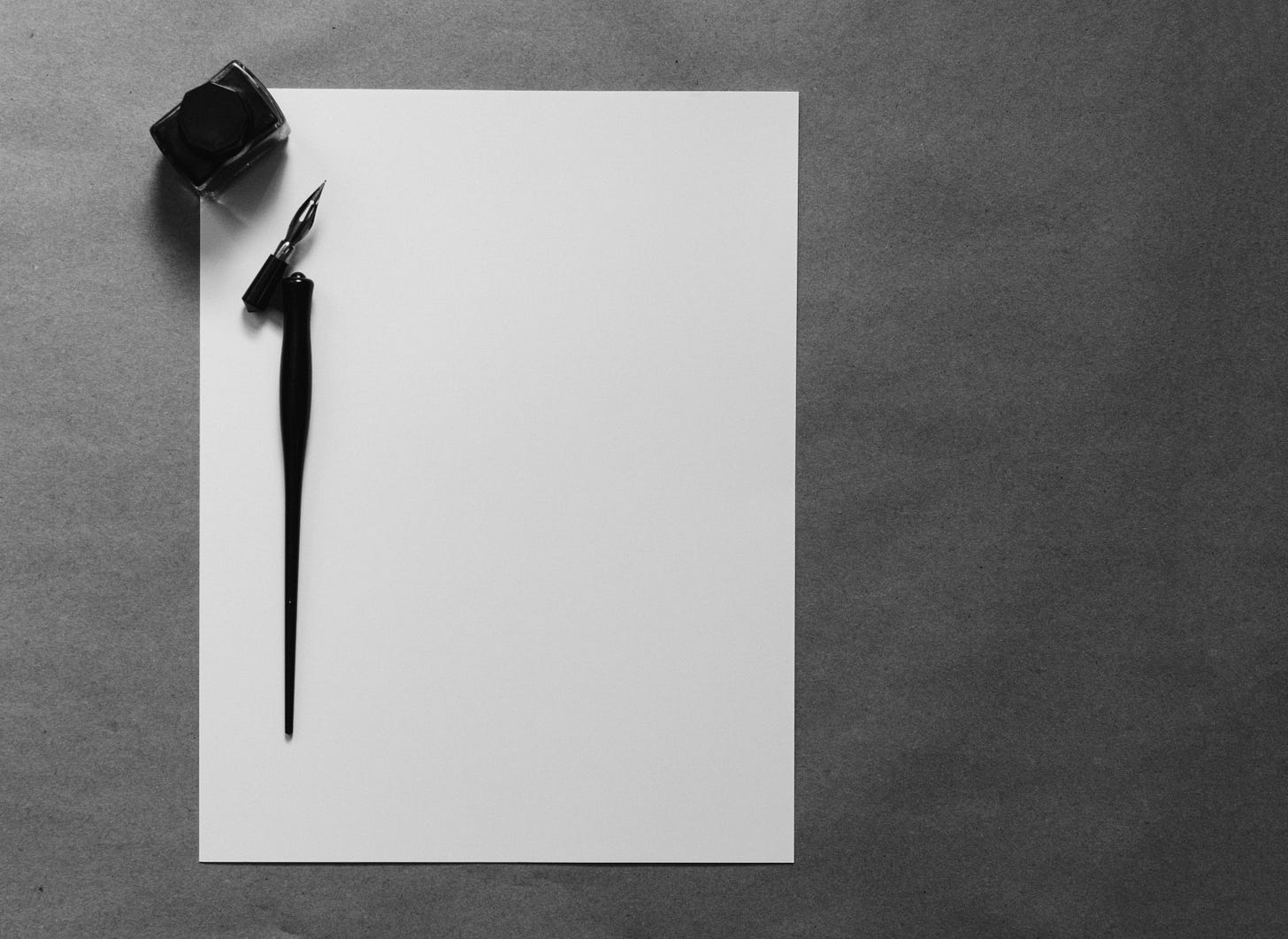Guest post: "Even Famous Writers Take Their Lumps" by Lev Raphael
"You don’t have to punch out your professor or anyone else who disparages your work, but it’s wise to listen to all criticism with your shields up as if you were in Star Trek." - Lev Raphael
Occasionally on “when hope writes” I’ll publish guest posts by brilliant artists and writers. If you want to be a guest blogger on my Substack, please connect with me on LinkedIn or my website.
Today I’m sharing an inspiring, invigorating essay titled “Even Famous Writers Take Their Lumps” by
of , a talented veteran writer, editor, reviewer, educator, mentor, among others.Even Famous Writers Take Their Lumps
Harlan Ellison was one of our most prolific and influential science fiction writers. He published 1700 short stories and over 50 books, writing scripts for Outer Limits and other TV shows. His work influenced the 1960s classic Star Trek and much later, James Cameron when he filmed Terminator—that’s just a start when it comes to his cultural impact.
But when Ellison attended Ohio State University, a professor passed judgment on him and said he had no talent for writing. Irascible even as an undergraduate, Ellison punched his professor and was expelled.
You’d think a professor wouldn’t feel the need to be so harsh and unequivocal—but you’d be wrong.
I’ve known creative writing professors who treat students like dirt. One was notorious for humiliating students by dismissing their work as “shit.” He could make students tremble with fear and even cry. Another would only let favorite students read aloud, clearly sending the same ugly message to everyone else in her class.
These professors are not anomalies: I’ve heard from sources across the country that dissing student writing is a commonplace in creative writing workshops at the undergraduate and graduate level. A good friend was told that she would never publish because she apparently hadn’t “suffered enough.” Soon afterwards, she had a story accepted at a major literary magazine.
I myself faced deeply disparaging criticism in my MFA program. A story that I thought was a breakthrough was demolished by my workshop and the professor delivered the coup de grâce. He said it was nothing new and the kind of thing I could write in my sleep. I felt bludgeoned.
But a few weeks later it won first prize in the program’s writing contest which was judged by a famous New York editor. When I shared the brickbats from my workshop, the judge growled, “Don’t change a goddamned word!” I then sold it for a lot of money to Redbook, which at the time had 4.5 million readers, and the story launched my career as an author. My professor’s comment at the next workshop? “It’s still shit, but now it’s shit with a prize.”
Taking writing workshops to develop and hone your craft can be a good idea, but not everyone commenting on your work comes from a place of creative nurturing and encouragement—or even neutrality. Too many of them want to tear you down for whatever twisted reasons of their own.
You don’t have to punch out your professor or anyone else who disparages your work, but it’s wise to listen to all criticism with your shields up as if you were in Star Trek. And always remember what Kirk says to Sulu: “Steady as she goes.”
Lev Raphael is the author of twenty-seven books in many genres. He’s taught creative writing at Michigan State University and currently mentors, coaches, and edits writers at writewithoutborders.com.
Don’t forget to check out, read, and subscribe to Lev Raphael’s wonderful Substack RaphaelWrites.
Please leave a comment of appreciation for Lev Raphael’s fantastic writing and practical advice and share the post widely with others.
Thank you!








It's great to be in a mostly like-minded community.
My prize-winning story in my last year, judged by the editor of STORY Magazine who had published James Baldwin and other great writers, was art, or artful compared to my previous work in the program. So I sold it for a lot of money, but my workshop professor thought it was "shit"--and after I won, "shit with a prize." :-)
It seems like a lot of teachers get so caught up in the technicalities of what makes something good that they forget how much is subjective. Writing rules serve you until they don't, everyone has different tastes, the message in the medium... Too much focus on technical skill forgets all of these things. It's especially important to remember in this new AI age—AI can get everything technically right, but it will still be missing true creativity.